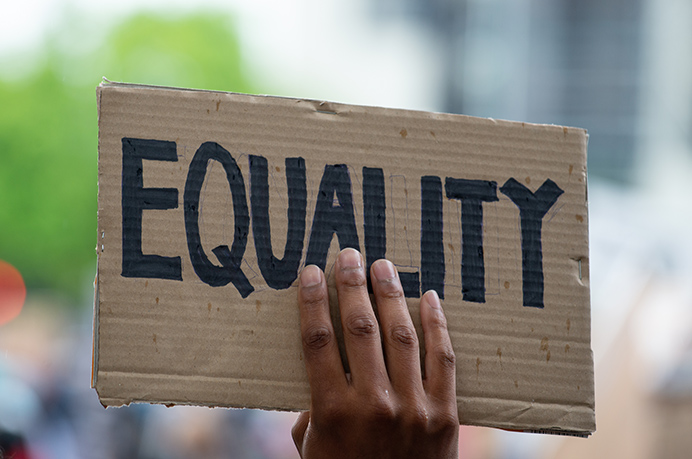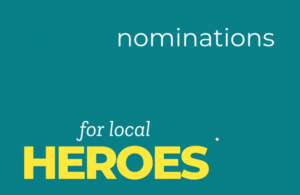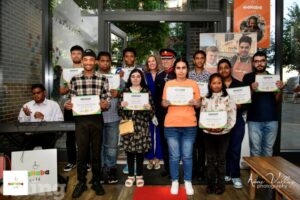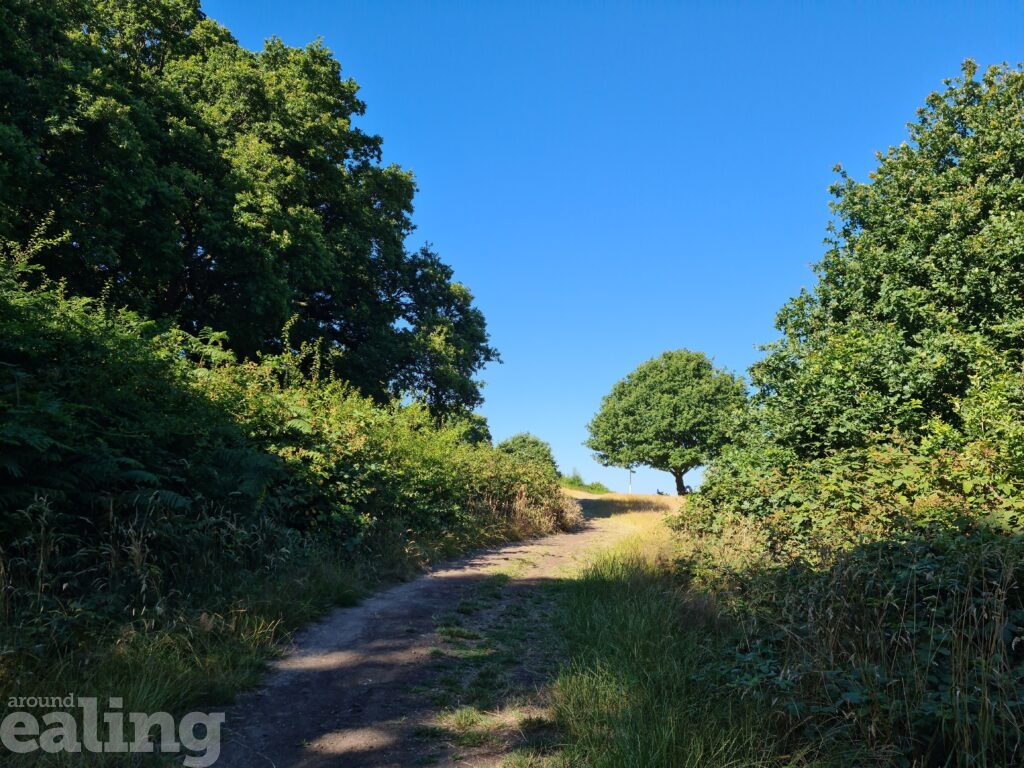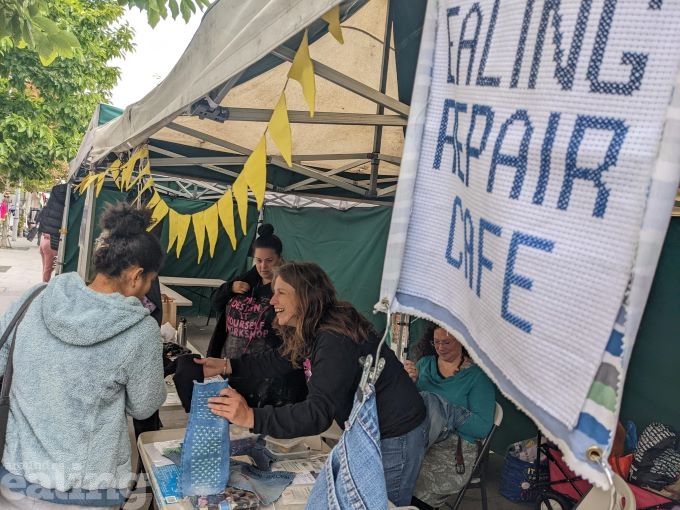Ealing Council has announced the establishment of a new independent race equality commission for the borough, which will recommend ways the council can act to reduce inequality in the borough.
The 12-person commission, which will be led by an independent chairperson, will consider three key questions:
- How structural inequalities are impacting on race and outcomes.
- Identifying how race inequality can be addressed and prevented in the future.
- To what extent the history of Ealing’s built environment is impacting and perpetuating inequality.
The equality commission will report back to the council by May 2021 with a review of all structural inequalities in Ealing. It will explore what residents and businesses believe can be done to reduce inequality while improving outcomes. The commission will consider themes like education, employment, crime and justice, health and housing, among others.
Aims
The commission aims to be accessible, inclusive and identifiable to the residents of Ealing, with an emphasis on youth participation. It will seek to reflect a balance of gender and to represent diverse backgrounds including race and age, presenting a clear route for the council to learn from and reflect upon the lived experiences of local people.
Councillor Joanna Camadoo-Rothwell, cabinet member for community safety and inclusion said: “Tackling the multiple inequalities that affect the poorest and most marginalised in our borough is a key priority for us.”
“The issues raised by the Black Lives Matter movement and the disproportionate impact of Covid-19 crisis on ethnic minorities mean that it is more important than ever to address race inequality, both locally and nationally.”
“This commission’s work will enable the council to address systemic race equality issues in our borough and remove the barriers which stop some residents from reaching their full potential. It is a vital step towards our ambition of creating a more equal community in which the proceeds and benefits of Ealing’s growth are spread fairly amongst all of our communities.”
